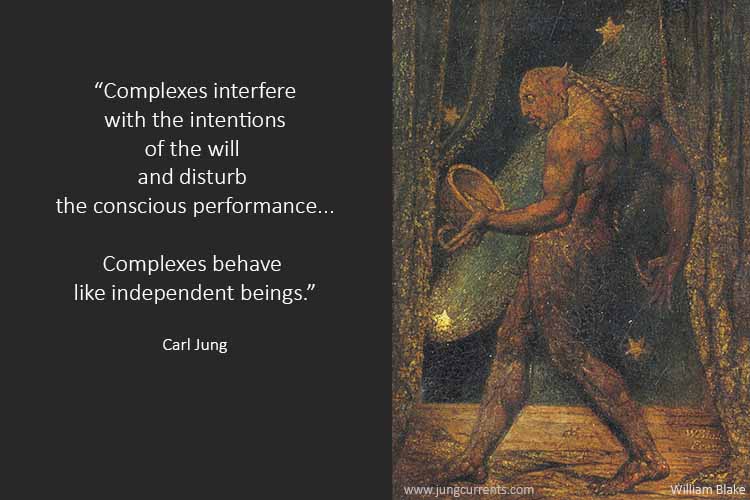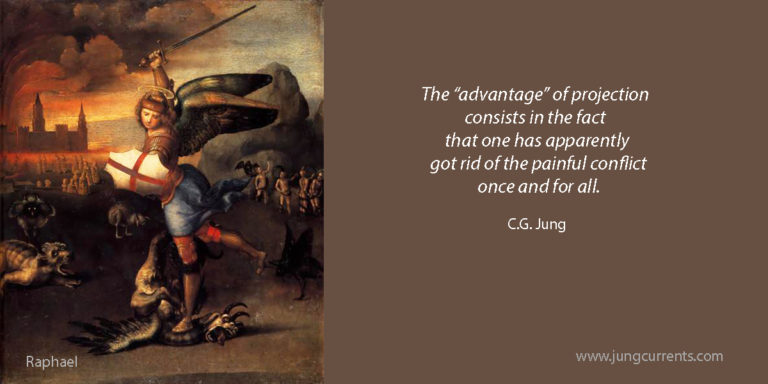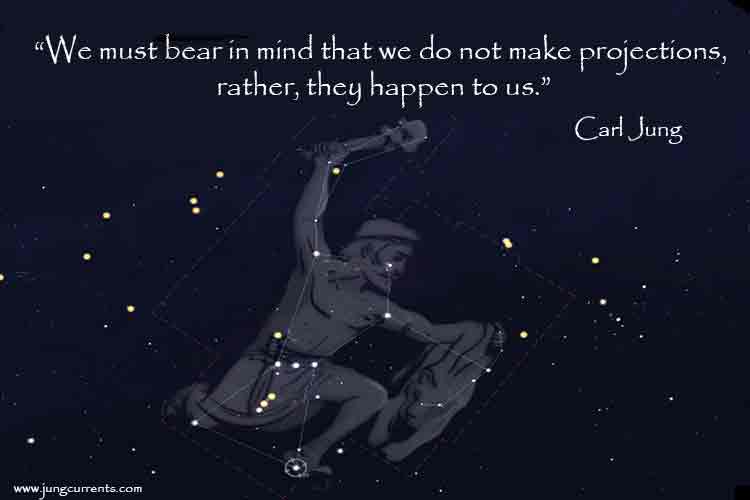Carl Jung: “Complexes behave like independent beings”
Let us turn first to the question of the psyche’s tendency to split. Although this peculiarity is most clearly observable in psychopathology, fundamentally it is a normal phenomenon, which can be recognized with the greatest ease in the projections made by the primitive psyche. The tendency to split means that parts of the…



